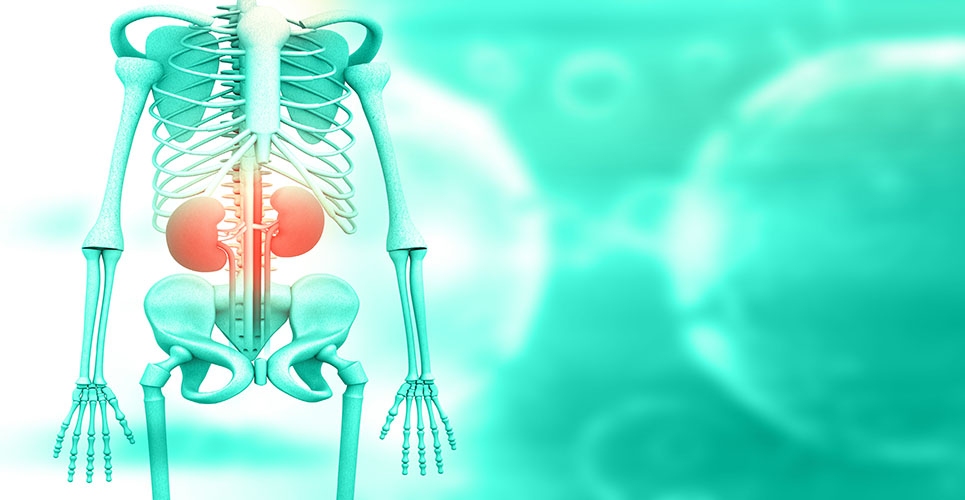teaser
Hospira announced today that the European Committee for Medicinal Products for Human Use (CHMP) has recommended for approval the administration of Retacrit (epoetin zeta) subcutaneously in the nephrology setting.
This provides an alternative option to intravenous (IV) delivery of the drug for the symptomatic treatment of anaemia associated with chronic renal failure.
Final approval by the European Commission (EC) is expected in the next few months, which will result in marketing authorisation for Retacrit subcutaneous (SC) administration in all EU member states.
“As part of Hospira’s continued commitment to expand biosimilar options for patients, we are pleased that Retacrit is the first biosimilar epoetin to get a recommendation from the CHMP for subcutaneous administration in the nephrology setting,” said Michael Kotsanis, Hospira’s President of Europe, Middle East and Africa.
“Once approved by the European Commission, Retacrit will be suitable for subcutaneous as well as intravenous administration in the nephrology setting. This will give clinicians greater flexibility in managing symptomatic anaemia in their renal patients and provide healthcare professionals with a cost-effective alternative to originator epoetins.”
The recommendation for approval of Retacrit SC administration follows the submission of data from a rigorous Phase III clinical trial demonstrating comparable efficacy and safety between epoetin zeta and the reference product, epoetin alfa, when administered subcutaneously in patients with end-stage renal failure on chronic haemodialysis.
Kees Groenhout MD, Vice President of Global Clinical R & D, Hospira, said: “The approval will be a significant step forward, because patients who aren’t yet on haemodialysis can be treated with Retacrit at home. Many will also be able to self-inject Retacrit for the first time. For several reasons, subcutaneous administration can conserve hospital resources and save valuable time for patients, too.”
The approval has the potential to benefit both healthcare systems and patients across the EU. Cost savings can be made when chronically ill patients learn to self-administer their medication, because they no longer need a visit from (or to) a healthcare professional.

